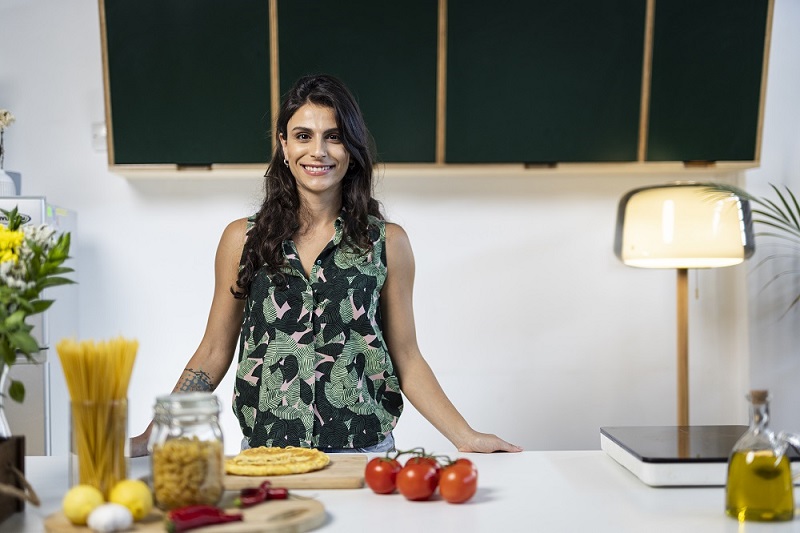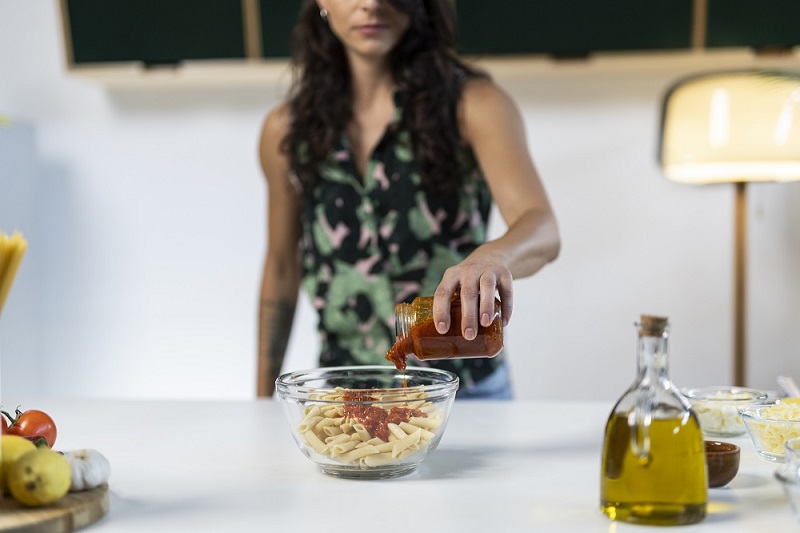The protection of the environment and the changes that climate change has brought to our lives are a priority in the global agenda for sustainable development.
The European Union is moving forward with rapid steps in the implementation of the Green Deal, which includes a series of changes that are expected to affect our lives, while large companies commit to and implement programs to reduce their environmental footprint, recycle, emit pollutants etc.
But how can we contribute to the global movement to protect the planet? By including a series of new habits in our daily life that serve this purpose.
By now, recycling in our home should be taken for granted, but there are several other changes we can make, starting with a very basic area, our diet. Until now, the relationship between our eating habits and environmental protection was not widely known. Many people may have heard about food waste and its disastrous consequences, but have rarely connected it to climate change. The term ‘food waste’ refers to the huge amounts of consumables that end up in the trash, since it is estimated that a third of the food produced worldwide is ultimately discarded.
This can be explained quite simply if we consider that the production of all food requires energy and produces pollutants, with the figures being even more burdensome in the case of production and consumption of meat. Most of us throw away an amount of food daily – sometimes without even opening the packaging – whether it is leftover food of the day, or vegetables that went bad as we did not have time to consume them, or other products whose expiration date has passed.
Therefore, the point is to reduce food waste, because this way we take an essential step to protect the planet. So, apart from the obvious, which is not to prepare more food than we can consume, there are other changes we can make in our daily life to avoid food waste.
- Shopping with a list: Buying only the food we need is not just a matter of budgeting, but also of ecology, since it significantly reduces the amount of food that will eventually end up in the trash.
- A properly-structured shopping list also requires a more general organisation of the household. By planning a weekly menu, we can know exactly what ingredients we will need and can therefore shop more wisely.
- Even if we have leftover food, it is best not to throw it in the trash, as a first choice. We can still enjoy it the next day, with small adjustments. The simplest example is leftover pasta, which, with very simple steps, can be turned into more delicious recipes!
Lidl Cyprus has always been a pioneer in environmental and ecological issues, which is why it has launched Lidl Eco Hacks, a series of useful videos with eco-friendly tips we can all apply in our daily lives. In the latest video of the series, chef Maria Markitani, who loves pasta, teaches us smart ways to turn leftover pasta into other delicious creations.
Having the protection of the environment in mind, and in light of the multi-faceted consequences of food waste, we can adjust our daily lives easily and effortlessly to get the best possible result.
So, get on the road to a better tomorrow and watch the video above, prepared for Lidl Eco Hacks by chef Maria Markitani, to learn how to enjoy your leftover pasta the next day, without having to waste any food!
Follow Lidl Cyprus at the following links:








Click here to change your cookie preferences